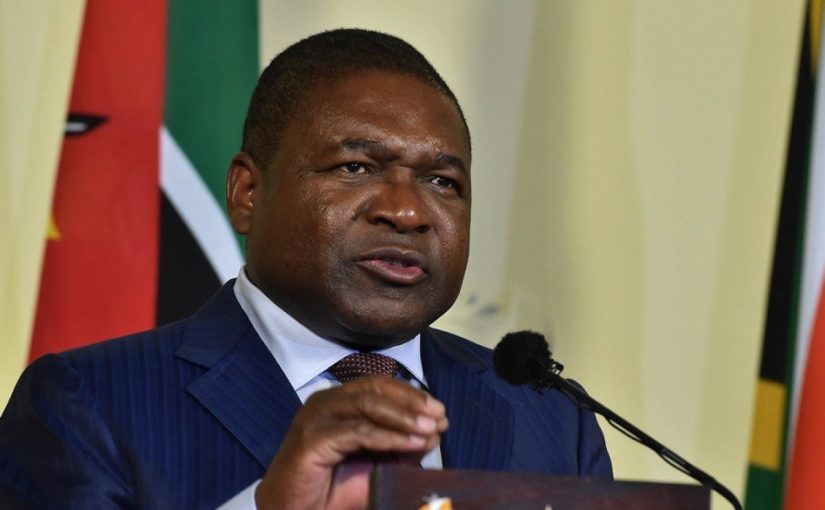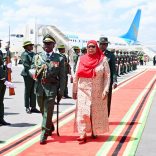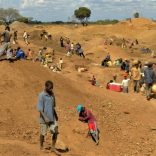CIP Mozambique Elections: Tipping point and youth anger
President says that African development cannot be forever based on extractive industries

File photo / President Filipe Nyusi
Mozambican President Filipe Nyusi said today that the African continent cannot base its development solely on the extractive industry, and that economic diversification through partnerships was a precondition for the fight against poverty.
“Africa cannot continue to mortgage its economic growth and development to limited sources of revenue that depend exclusively on exports of natural resources in primary form,” the Mozambican head of state told the Tokyo International Conference for the Development of Africa.
President Nyusi said focusing the economic base of African countries on mineral resources was necessarily risky due to oscillations in the international market which were part of the “normal dynamics” of the world economy.
“These are exhaustible resources,” the Mozambican head of state also noted.
Nyusi argued that the best way to leverage resources was to “promote value-added cooperation” based on the diversification of the economy.
The private sector should take a leading role in the development of investment projects, the Mozambican head of state said, while ensuring technological development and transfer of know-how.
“The growing participation of the private sector as a strategic partner of governments in boosting growth and development is a vital component,” he said.
 President Nyusi also pointed to the maintenance of peace as a condition for the development of the continent, highlighting the “silencing of weapons” by 2020 as a priority.
President Nyusi also pointed to the maintenance of peace as a condition for the development of the continent, highlighting the “silencing of weapons” by 2020 as a priority.
“We are committed to good governance with a view to building the well-being of our peoples and developing partnerships with other nations, especially Japan,” the president said.
“The development of Africa should can not be debated let alone achieved if it does not have the bare face of the community,” Nyusi said, noting that it was necessary to empower communities in rural areas especially.
The growth of the continent, he continued, would be possible only with the structural transformation of traditional economic relations and production models.
“Our great expectation, as Africans, is to ensure that formalist and bureaucratic political interaction is reduced and that more efforts are concentrated on the completion of our projects,” he concluded.
The Tokyo International Conference for the Development of Africa in Maputo brought African ministers of foreign affairs and Japanese stakeholders together to discuss the challenges facing the continent and possibilities for cooperation.












Leave a Reply
Be the First to Comment!
You must be logged in to post a comment.
You must be logged in to post a comment.